United States Supreme Court Justice Amy Coney Barrett will be featured at the University of Minnesota Law School’s annual Robert A. Stein Lecture, the school announced Sept. 6. Students for a Democratic Society (SDS), a student-led grassroots organization, plans to host a protest against Barrett’s appearance.
The lecture is moderated by Robert A. Stein, a former law school dean and executive director for the American Bar Association, and has highlighted Supreme Court justices every year since its inception in 2013.
Barrett joined the majority in Dobbs v. Jackson in 2022, a ruling that eliminated the constitutional protections for abortion that were established in the 1973 Roe v. Wade decision. Barrett also voted to end affirmative action programs in June, which meant universities could no longer use race as a factor in their admissions processes.
The decision to feature Barrett for the lecture on Oct.16 at Northrop Auditorium came with strong opinions from students and the community.
Gillian Rath, a member of SDS, said it is important for students to be able to express their opinions.
“As soon as the lecture information became public, we had several student groups and community organizations in Minneapolis reach out to us,” Rath said. “We have to use our voice and do what we do best to make sure that not only the University, but Barrett knows that that kind of forces are not welcome here.”
Rath added the protest is designed for students to express their opinions and to gain the attention of University officials.
“People feel so strongly about this issue and it makes me think that the University does not listen to us,” Rath said. “They don’t care about our thoughts and feelings and they really don’t care about our rights.”
Interim Dean of the Law School, William McGeveran, heard student concerns through a meeting held on Sept. 25 with the Law Council, the law school’s student government. He said some students were excited about the opportunity to hear a different political perspective while others were unhappy with the decision.
“My role and the law school’s role is to support our faculty and students when they want to exercise speech rights,” McGeveran said. “Whether that’s bringing speakers, responding to speakers or engaging in non-disruptive protests, we want to see lots of different perspectives.”
One student who hopes the SDS protest does not interfere with Barrett’s appearance is Olivia Oldenburg, a third-year aerospace engineering student. She said she is a fan of Barrett and plans to attend the lecture, wanting to enjoy the event without any interruptions.
“You can’t agree with everybody, and if you’re going to have a political discussion with somebody, you’re going to have to respect their views and they’re going to have to respect mine,” Oldenburg said.
Oldenburg acknowledges the emotional toll some of Barrett’s decisions have had on people. She said she heard about the upcoming protest and was afraid it would affect her safety at the event.
“I feel like coming up and screaming at [Barrett] is not going to help,” Oldenburg said. “The decisions have already been made and there’s no way she can overturn them.”
McGeveran said he spoke with the University of Minnesota Police Department and Northrop Auditorium security to ensure that attendees are safe inside and outside the building.
“They are going to have plans in place for any potential disruptions and particularly any disruptions that would cause physical harm to anybody,” McGeveran said.
Young Democratic Socialists of America at the University of Minnesota (YDSA), a student group on campus, created a petition to educate students about Barrett’s stances on previous court cases such as Roe v. Wade.
Sahra Jilaow, communications director for YDSA, said the decision to bring Barrett to campus goes against the University’s commitment to fostering diversity and inclusion.
“[Barrett] has harmed every single marginalized community in some way with her policies, and her continuing that rhetoric on campus creates more of a divide,” Jilaow said.
Jilaow added she wants to educate students about political issues, as students may not be informed about the significance of Supreme Court cases such as Roe v. Wade, which was a case Jilaow said she has heard lots of students have questions about.
“I think it is important for people to have an understanding of what she has done and what she continues to do in the Supreme Court. I know a lot of people on campus would be against her beliefs,” Jilaow said. “It’s important for college students to realize who is coming onto their campus and what they have been representing.”
Paul Batastini Dell’Ovo, a fourth-year sociology student who hopes to go to law school, plans to attend the SDS protest in hopes of being heard by University officials.
“The students are doing their best to share their voice,” Dell’Ovo said. “Everyone I know shares similar ideas about their disappointment in the University, but nothing really happens at an administrative level.”


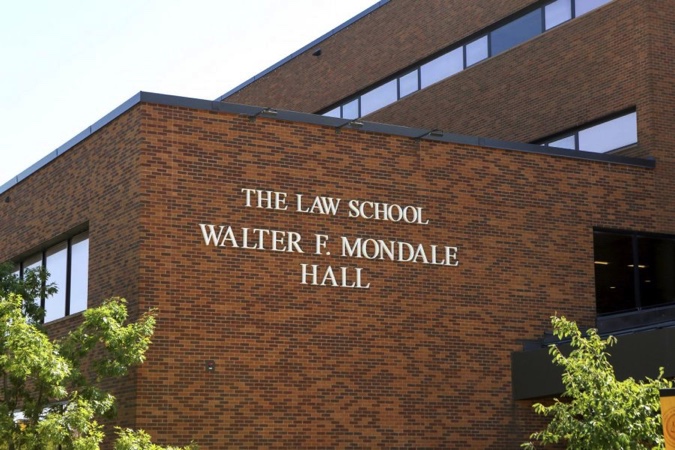

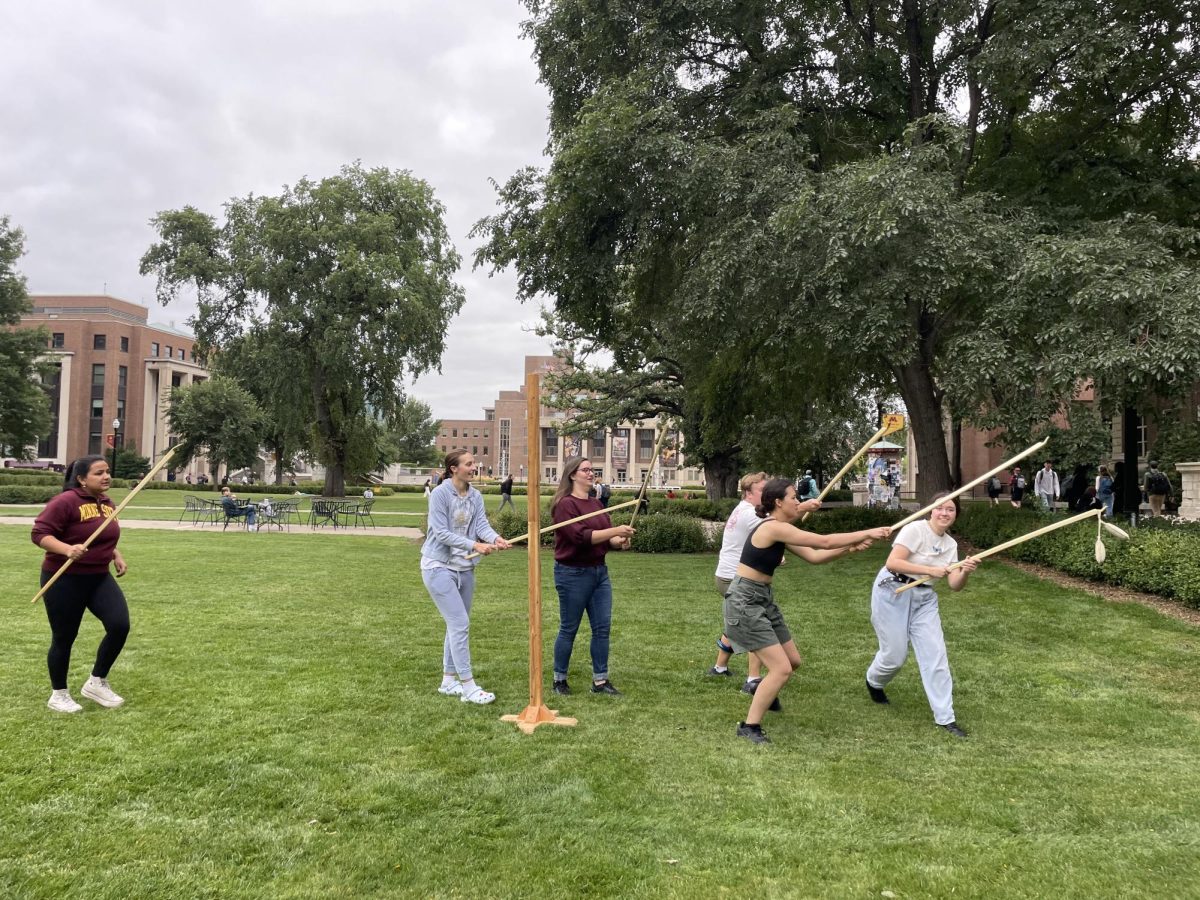
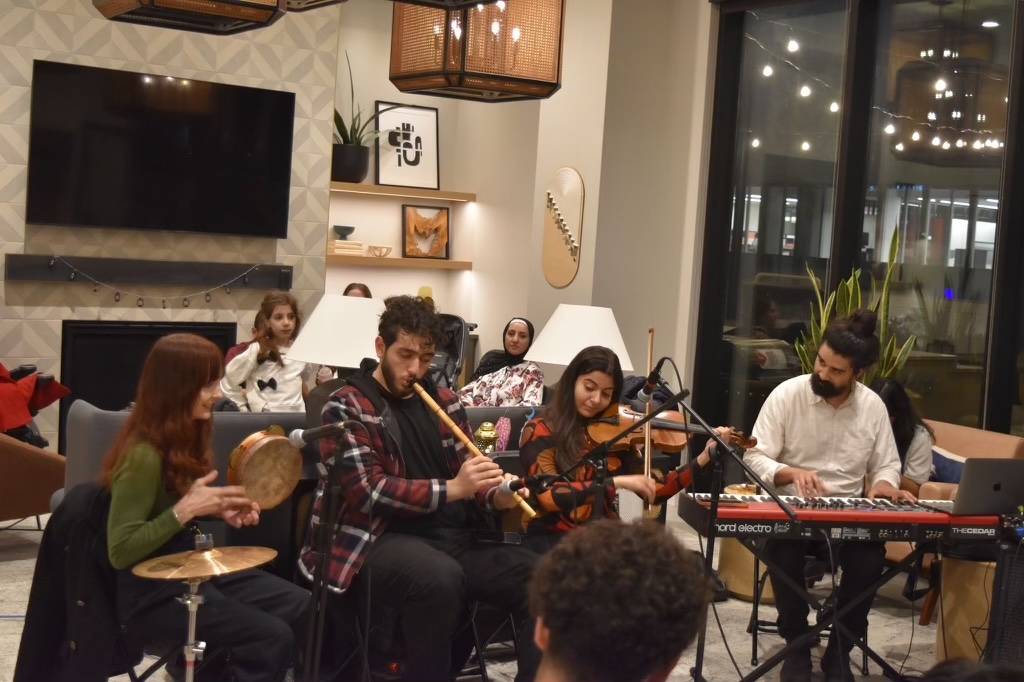
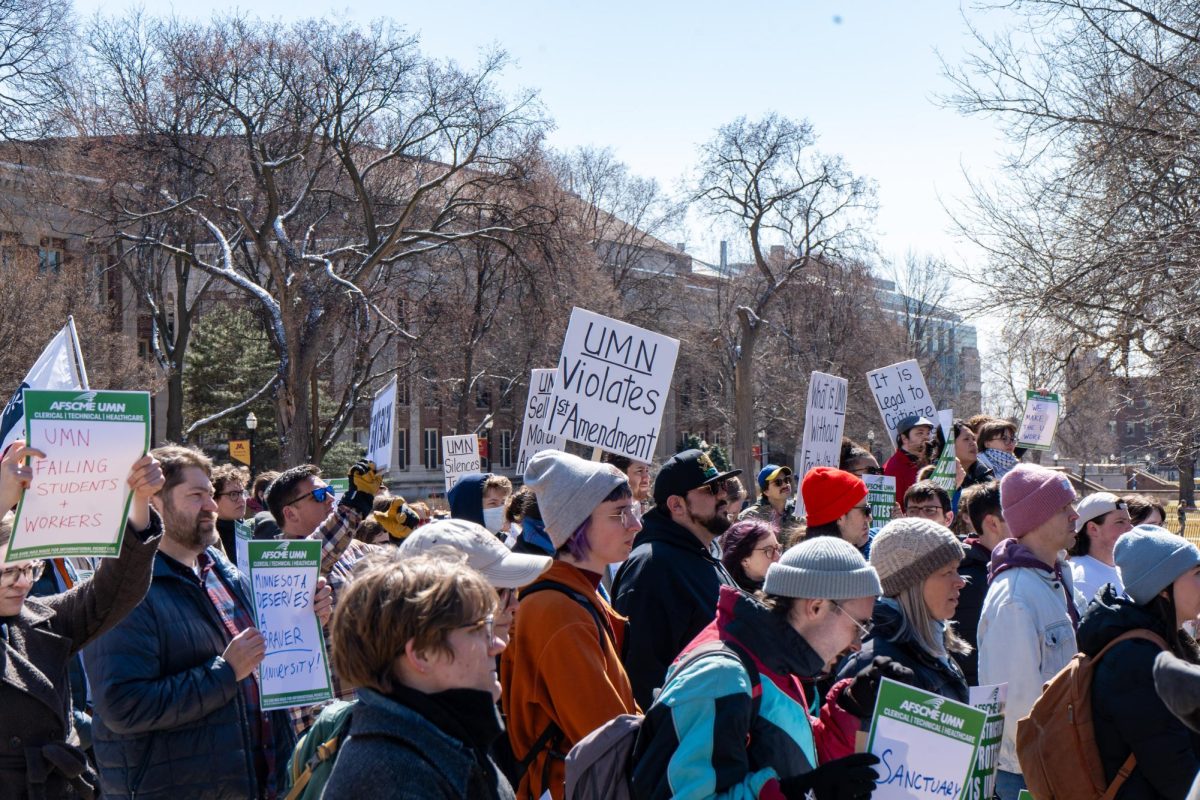


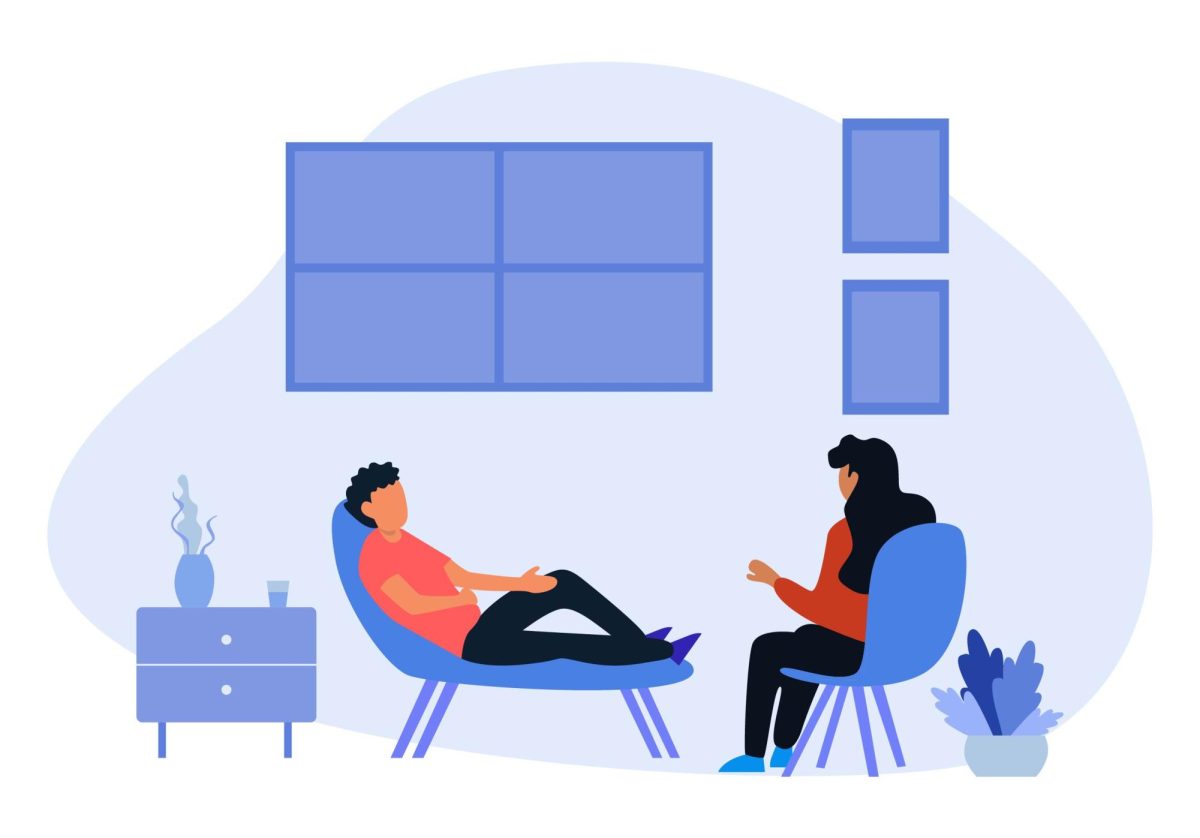
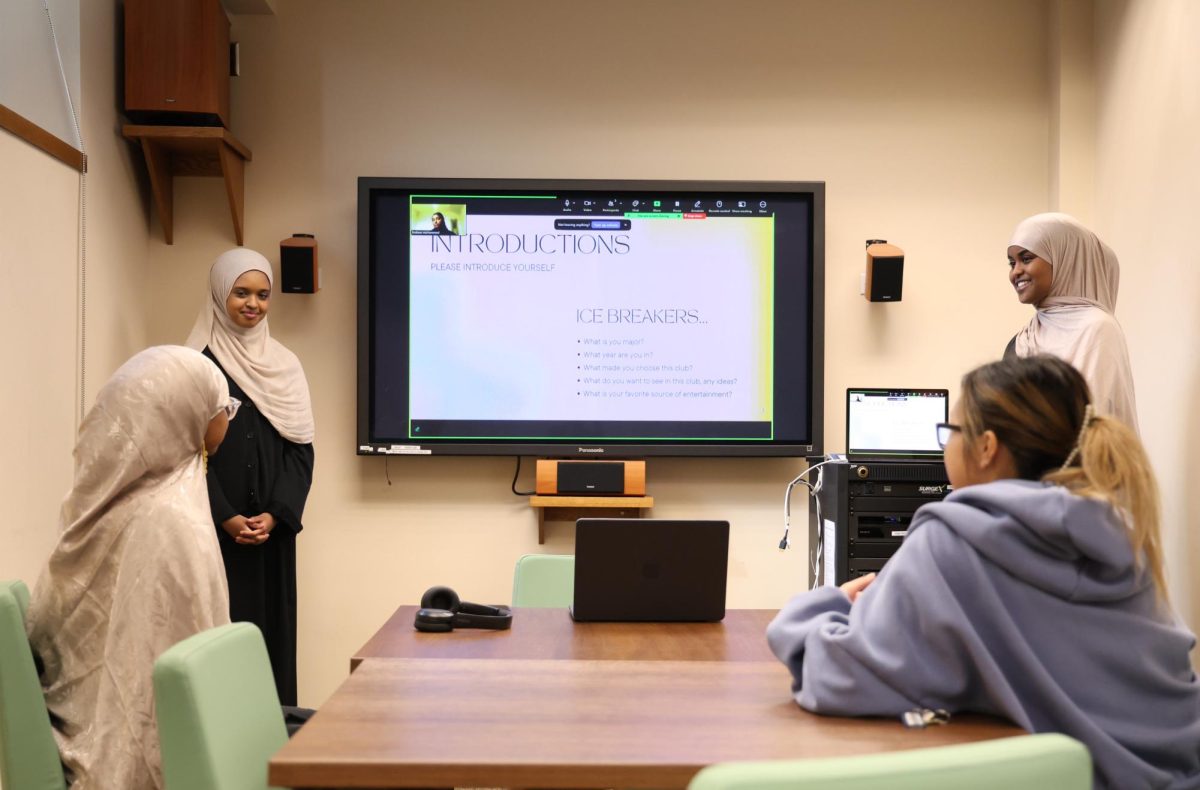
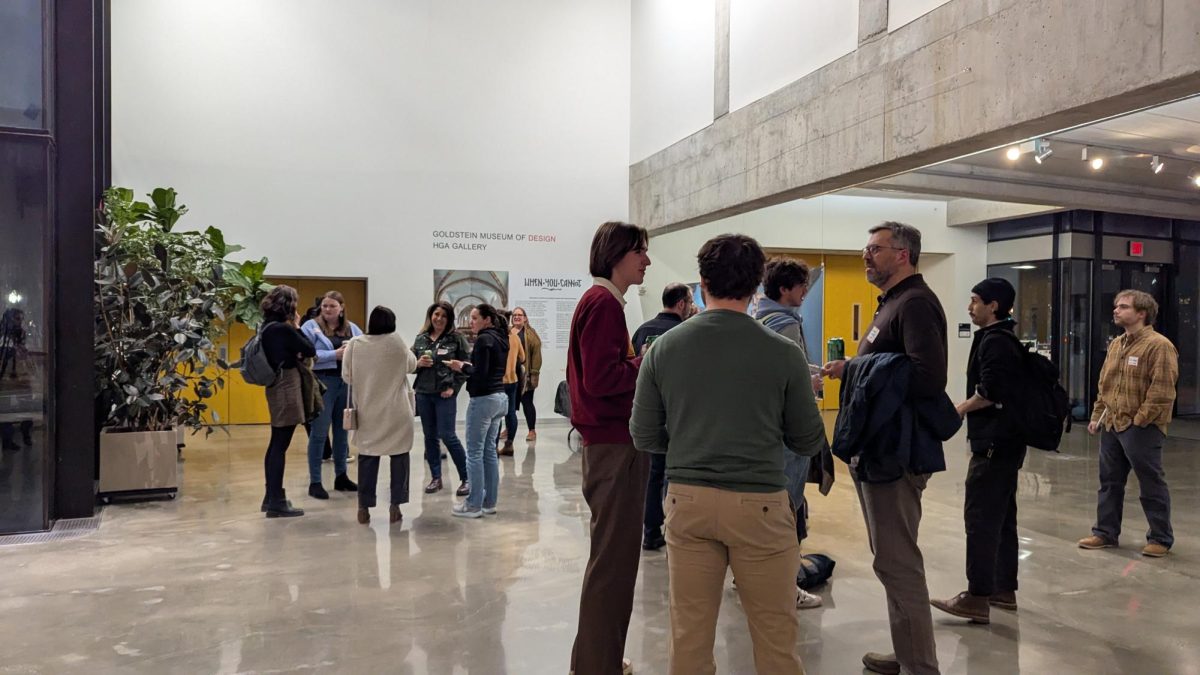
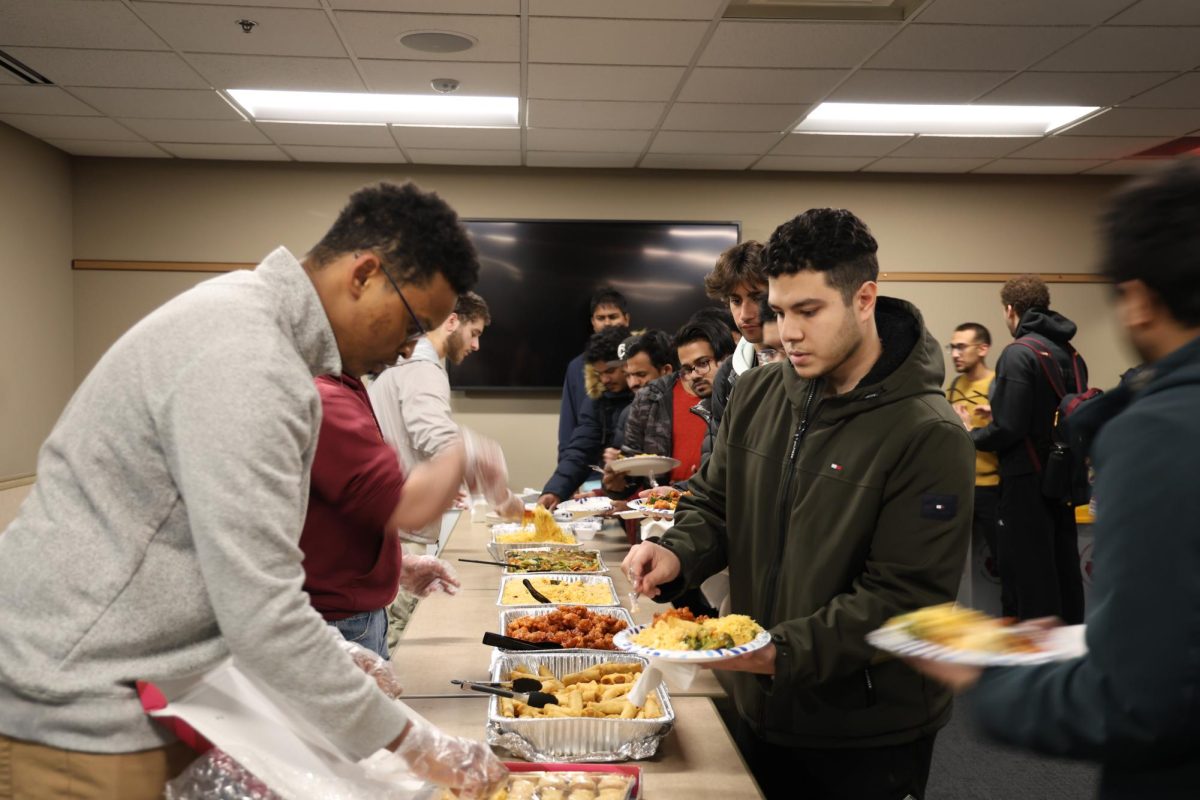

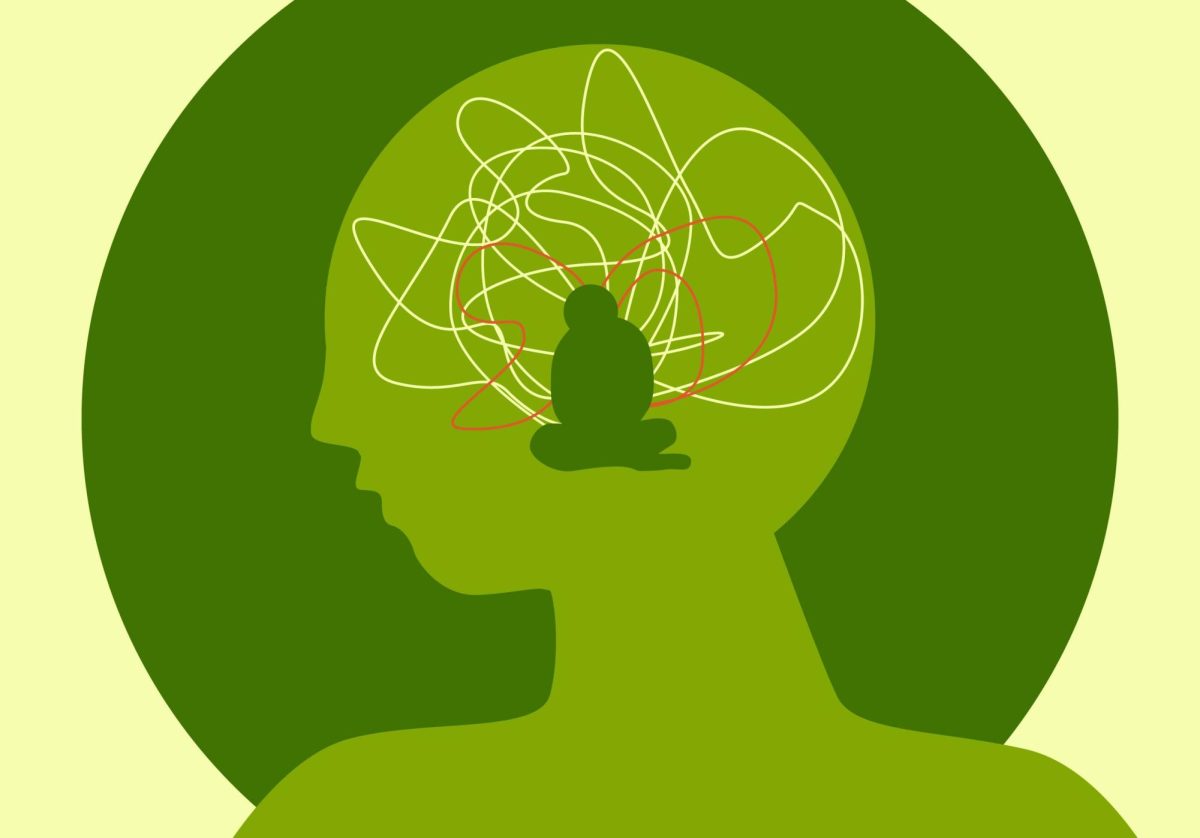
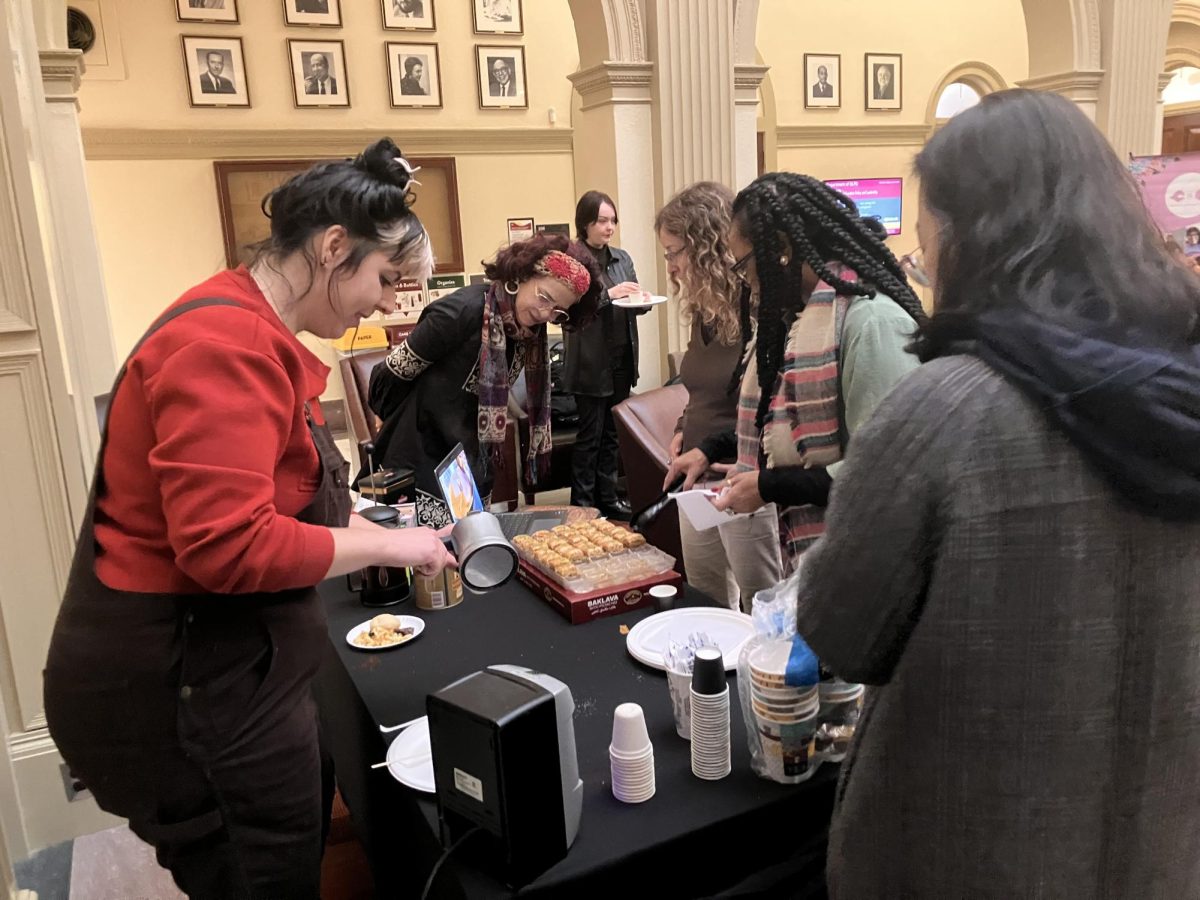
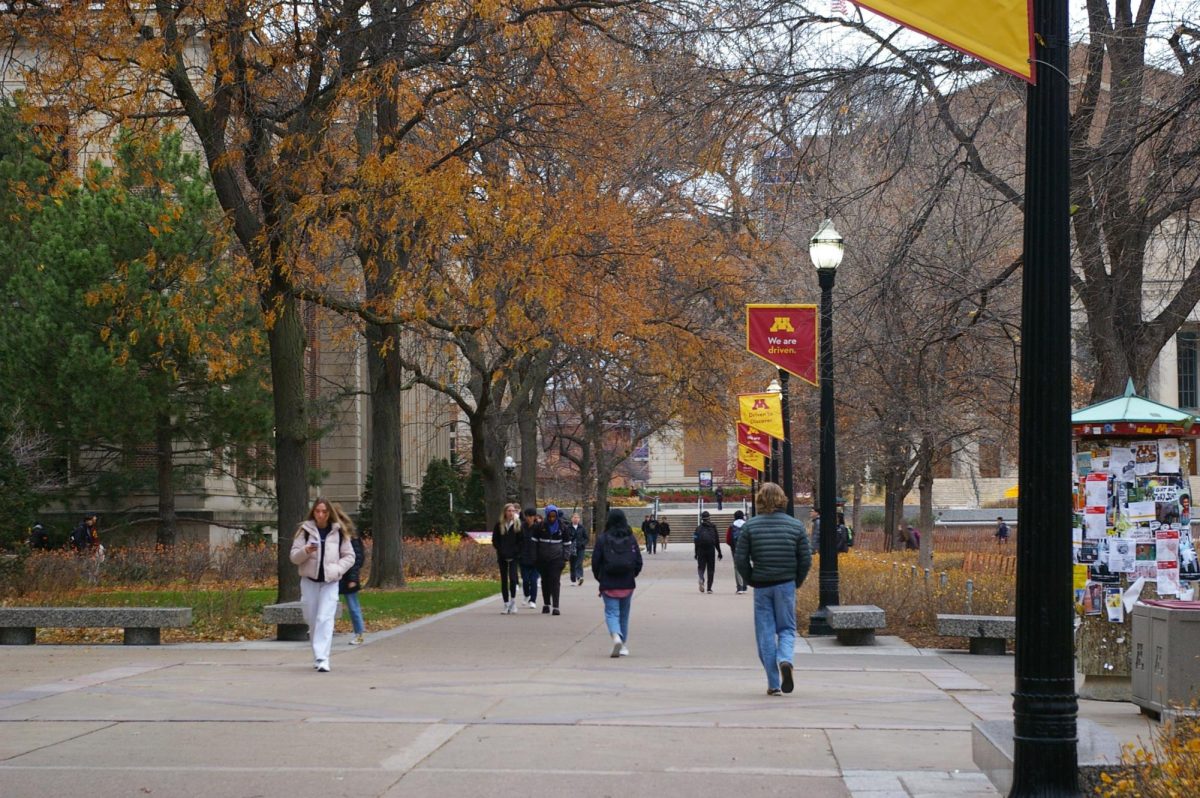
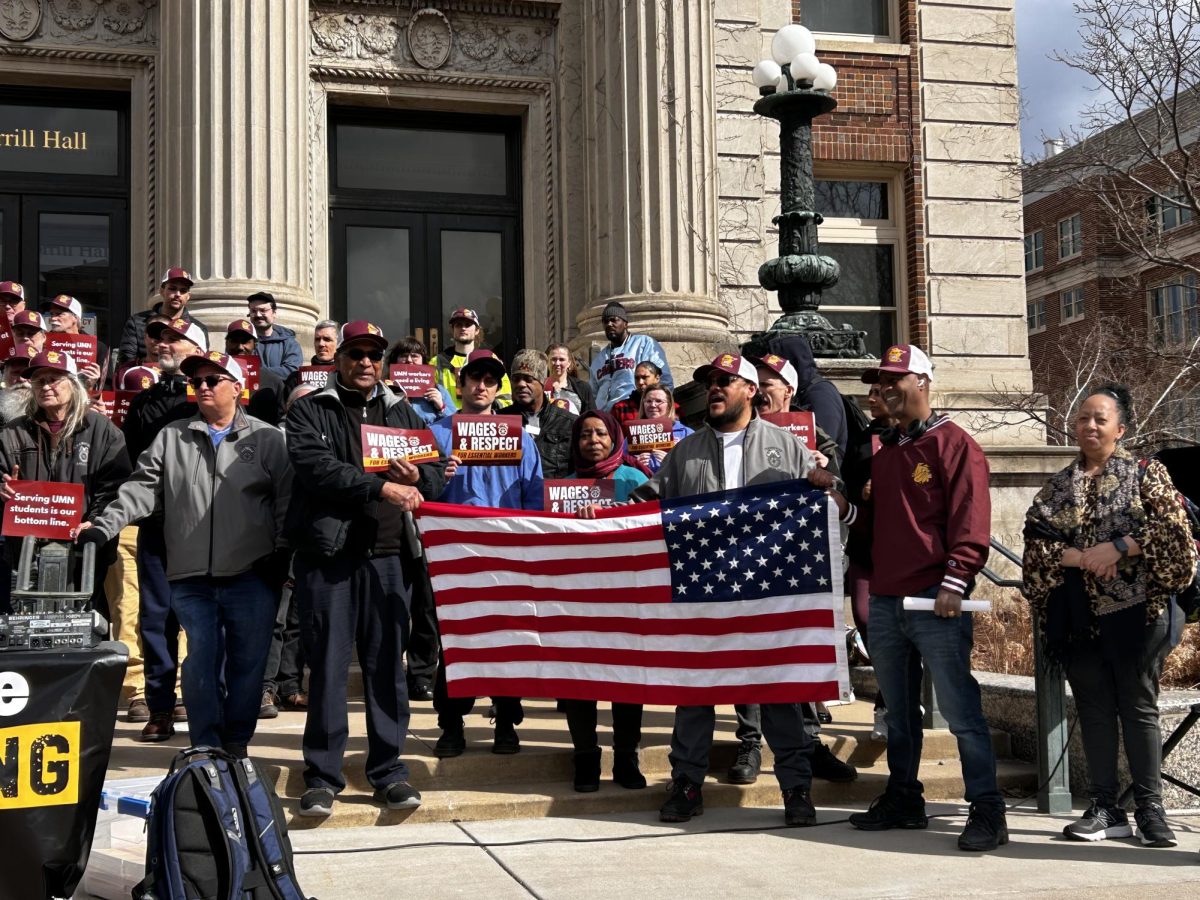

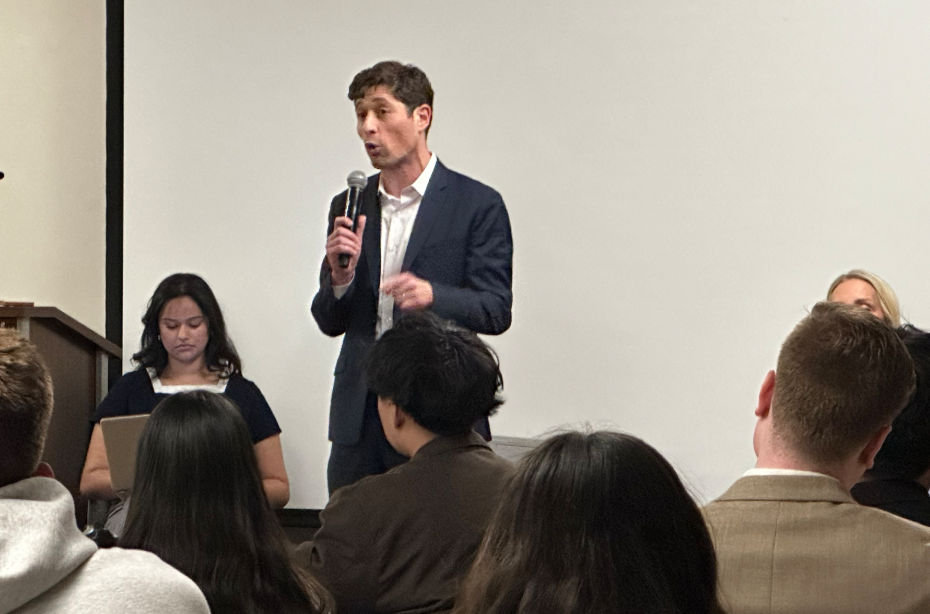
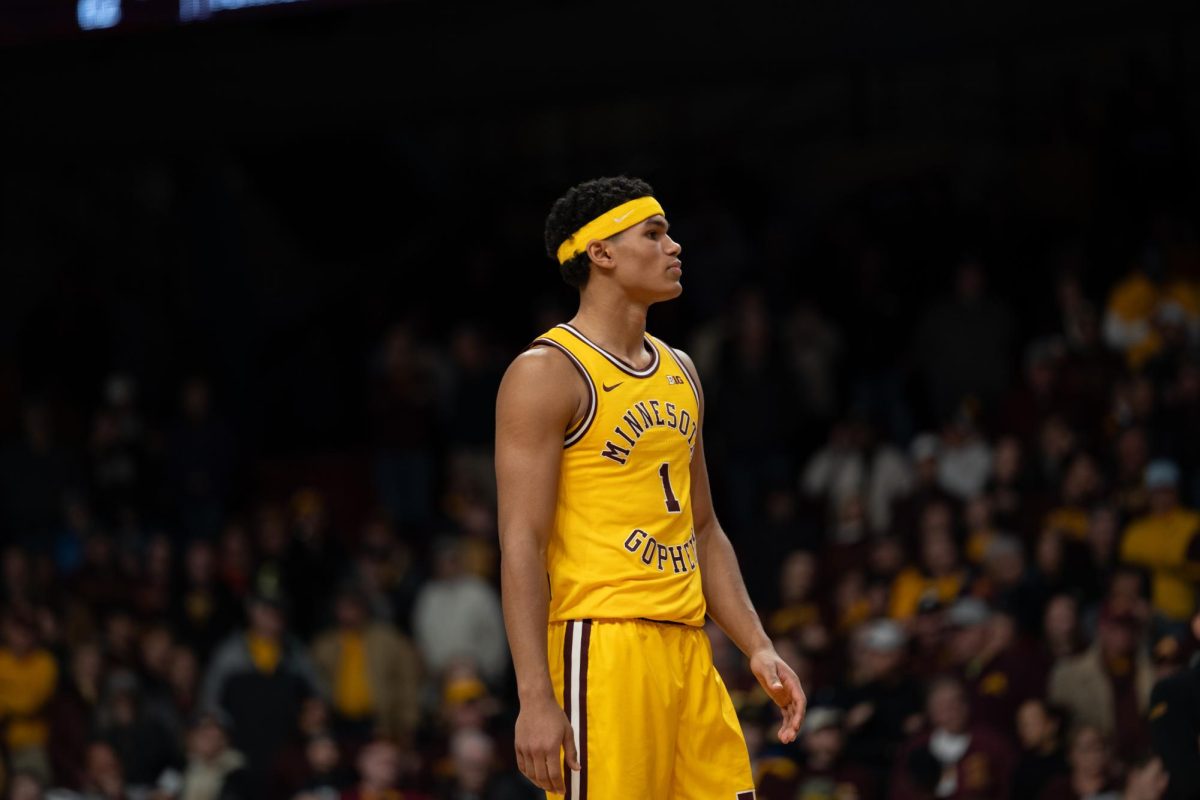
Bob Davenport
Oct 18, 2023 at 7:48 pm
“ Dell’Ovo said. “Everyone I know shares similar ideas about their disappointment in the University, but nothing really happens at an administrative level.”” Dell’Ovo already knows everything so he does not need an education or a different viewpoint. What is he doing in school? He wants to have power to control speech and to inflict his ideas on there. The patients want to run the asylum; at several universities they do so.